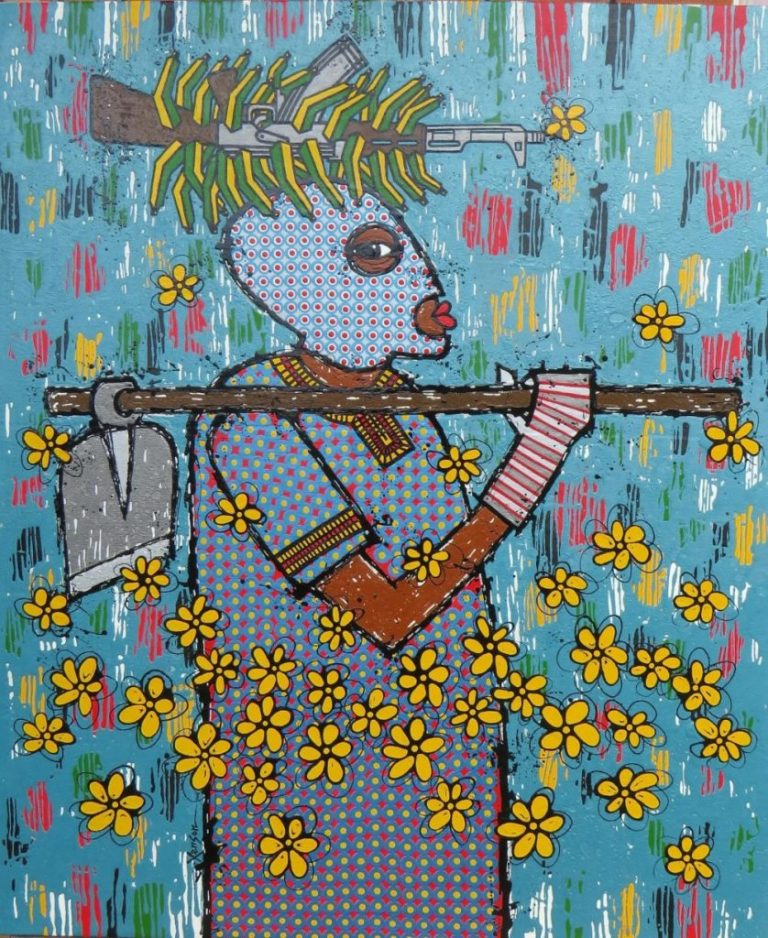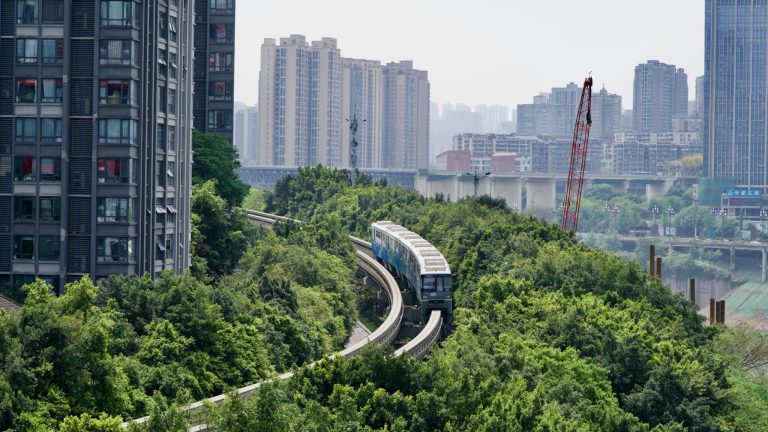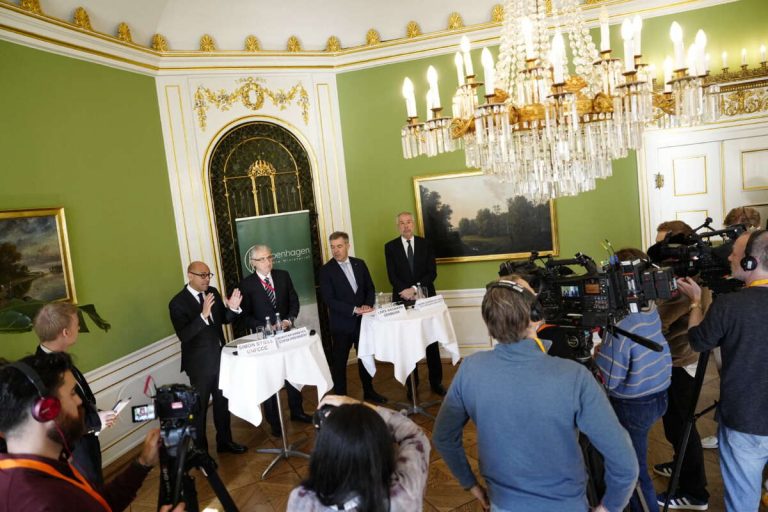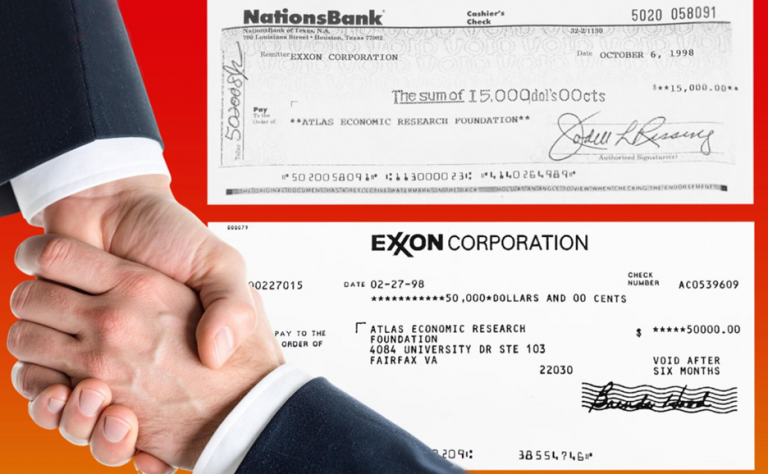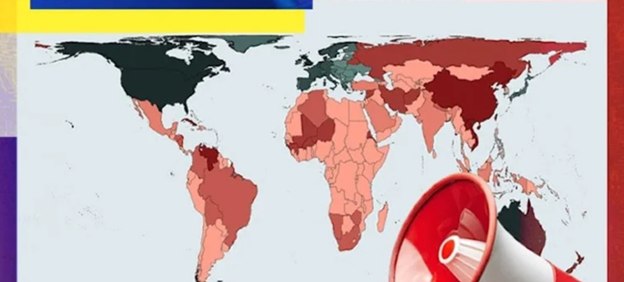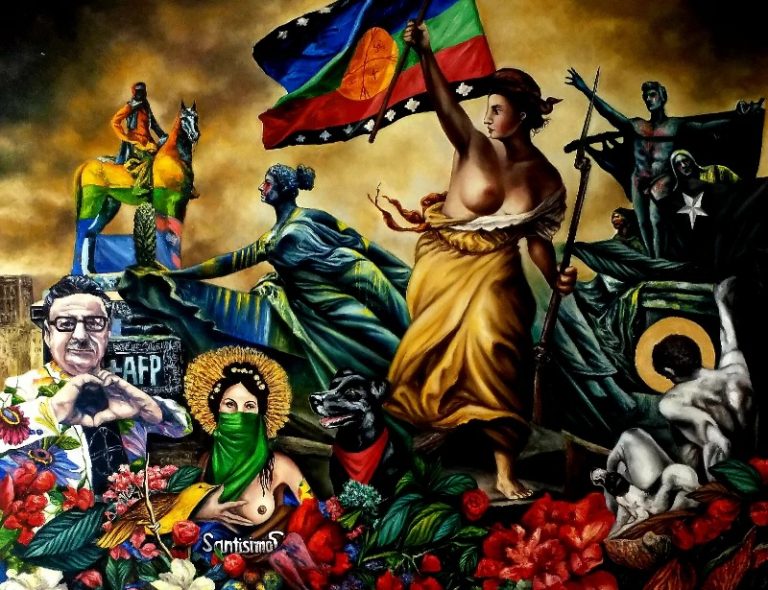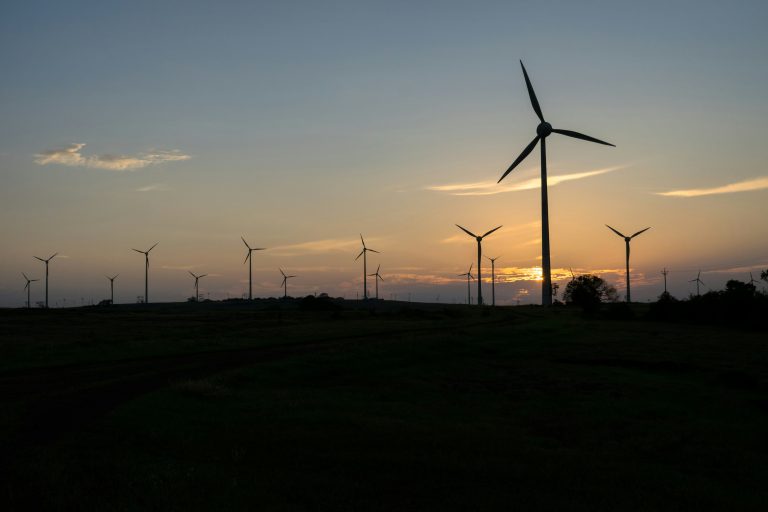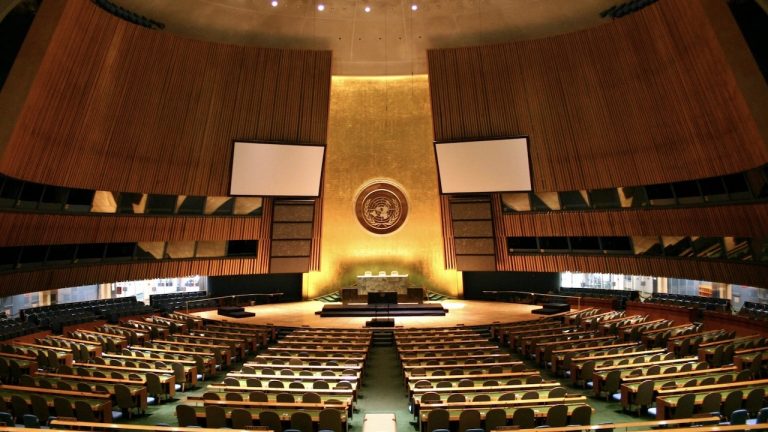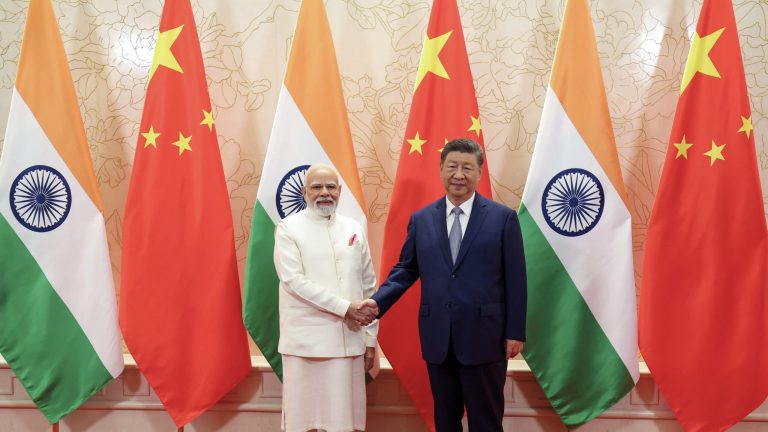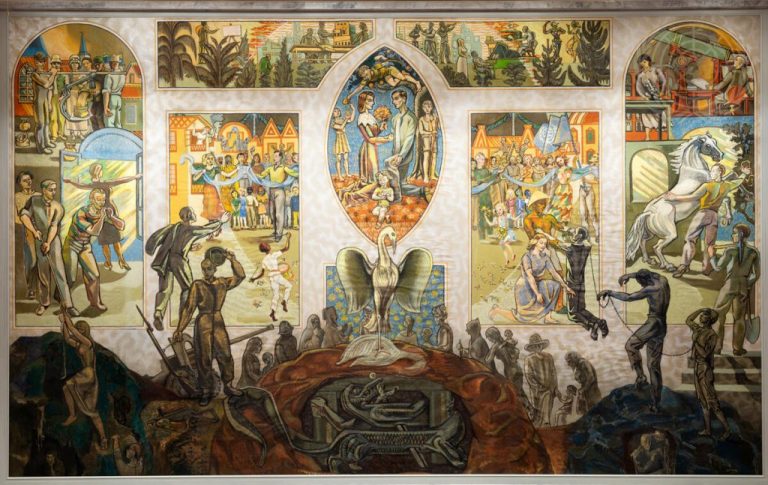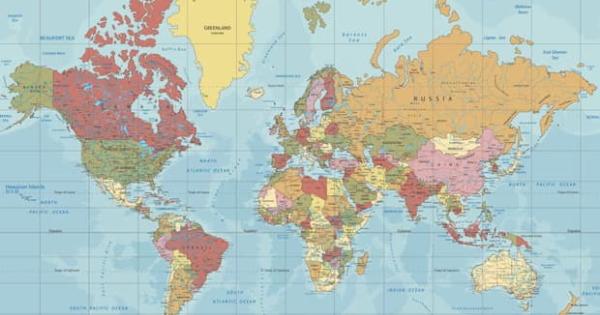Digital Bandung: Why The Global South Must Seize Its Data Future
A new pattern is reshaping global digital politics, and African nations must pay attention. The US–Malaysia trade agreement, signed in October 2025, highlights a strategy in which powerful countries design rules that give technology companies broad access to the data of other nations. The agreement instructs Malaysia to “ensure the cross-border transfer of data by electronic means across trusted borders” and prohibits “digital services taxes … that discriminate against US companies.” These clauses establish a legal structure that positions US corporations at the center of Malaysia’s digital economy and places significant limits on national control.



